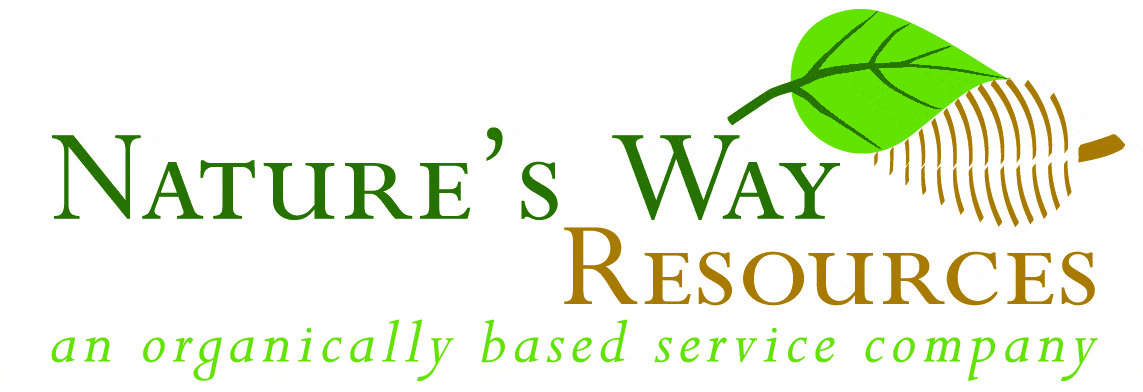Fungal Compost
Boost Your Soil, Strengthen Your Garden: Premium Fungal Compost for Healthier, More Resilient Plants.
Pickup: 101 Sherbrook Circle, Conroe, TX, 77385
Long composting time
Our mulches are composted 9 – 12 months. After 12 months, our mulch continues maturing for over two years—at that point, it’s no longer mulch, but our fungal compost.
cellulose content
The woody feedstocks are high in cellulose which is an optimal food source for fungal and beneficial microbes.
Water Moisture
50% water moisture is the ideal composting conditions to maximize microbial activity and beneficial fungal growth.
Visit Us!
101 Sherbrook Circle, Conroe, TX, 77385
(936)-273-1200
Monday – Friday: 8am – 5pm
Saturday: 8am – 2pm
Sunday: Closed
Why Fungal Compost?
Improves Soil Health
Boosts soil structure, water retention, aeration, and root development.
Feeds Soil Biology
Encourages beneficial microbes and fungi that support long-term plant health.
Slow-Release Nutrients
Provides steady, natural nutrition over time—reducing risk of nutrient burn.
Buffers pH
Helps neutralize acidic or alkaline soils.
Reduces Waste
Recycles organic material, diverting it from landfills.
Suppresses Disease
Healthy microbial activity can outcompete soil-borne pathogens.
Reduces Erosion
Better soil structure means less runoff and loss of topsoil.
Low Environmental Impact
Naturally renewable and low in carbon emissions compared to synthetics.
Why Not Synthetic?
Degrades Soil Over Time
Lacks organic matter; can lead to compaction and poor root penetration.
Disrupts Soil Microbes
High salt and chemical content can harm microbial life or create imbalances.
Fast-Release, High Burn Risk
Nutrients spike quickly, often leading to overfeeding or scorch.
Causes Soil Acidification
Long-term use often lowers pH, requiring lime or other amendments.
Resource-Intensive
Derived from fossil fuels; production and use contribute to environmental harm.
No Disease Control
Does not improve soil biology; may leave crops more vulnerable to disease.
Increases Runoff Risk
Soluble nutrients wash away easily, polluting waterways and wasting inputs.
High Carbon Footprint
Manufacturing and shipping are energy-intensive and emission-heavy.
Fungal Compost: A Smarter Nitrogen Source
Nature’s Way Resources’ Fungal Compost is crafted from organic materials and processed to create a mature, biologically active compost ideal for long-term soil health. Our fungal compost fosters a thriving population of beneficial fungi that enhance nutrient absorption and build long-term soil fertility. It works as a living system—feeding microbes that, in turn, feed plants.
Unlike synthetic fertilizers, fungal compost builds soil health over time by enriching it with organic matter and microbial biodiversity. Its nutrients are released slowly, minimizing leaching and reducing the risk of plant burn while feeding soil life that helps plants access the nutrition they need to grow.
Compost also increases water-holding capacity and includes a broader spectrum of micronutrients than synthetics. While synthetic fertilizers may offer a quick boost, they can degrade soil structure, harm microbial life, and lead to long-term dependency.
By comparison, compost is sustainable, regenerative, and benefits the soil across multiple growing seasons.
Did you know? Most fertilizers leach out around 70 – 80% of available nitrogen.
We’ve included information specific to our compost’s water holding capacity and nutrient analysis.
This analysis is for informational purposes only and is intended to illustrate potential soil health benefits; it is not a guaranteed nutrient claim.
- Compost by Volume and Water Holding Capacity / Approximate NPK Lbs. Per Acre
- Indicators of High-Quality Compost
- Nitrogen Content of Each Compost
How These Figures Were Calculated
The values shown in the table below were derived using the following formulas:
Water Holding Capacity (%) = (Saturated Weight − Dry Weight) ÷ Dry Weight × 100
Nitrogen by Weight (%) = (Mass of Nitrogen ÷ Dry Mass of Compost) × 100
Compost Percentage (%) = (Compost Depth ÷ Total Soil Depth) × 100
Compost Volume (yd³/acre) = (Area × Soil Depth × Compost %) ÷ 100 ÷ Conversion Factor
Potassium per yard = Weight of Compost (Potassium% / 100)
Potassium per yard = 1400 (.28/100) = 3.92 lbs per yard
Phosphorus per yard = Weight of Compost (Phosphorus% / 100)
Phosphorus per yard = 1400 (.31/100) = 4.34 lbs per yard
(Note: 1 cubic yard = 27 ft³ = 46,656 in³; 1 ft³ = 1,728 in³)
On a mobile device? Tap here to download the spreadsheet depicted below.
| Incorporation Depth (inches) | Soil Type | Compost % | Compost Volume (yd³/acre) | Compost Depth (in) | Water Holding Capacity (gallons/acre) | Approximant Pounds of nitrogen per acre | Approximant Pounds of Potassium per acre | Approximant Pounds of Phosphorus Per Acer | |
| 2 | Sandy Soils | 20% | 53.8 | 0.38 | 2690 | 636.5 | 210.9 | 233.5 | |
| 2 | Loamy Soils | 10% | 26.9 | 0.19 | 1345 | 318.2 | 105.4 | 116.7 | |
| 2 | Clay Soils | 10% | 26.9 | 0.19 | 1345 | 318.2 | 105.4 | 116.7 | |
| 4 | Sandy Soils | 20% | 107.6 | 0.76 | 5380 | 1272.9 | 421.8 | 467.0 | |
| 4 | Loamy Soils | 10% | 53.8 | 0.38 | 2690 | 636.5 | 210.9 | 233.5 | |
| 4 | Clay Soils | 10% | 53.8 | 0.38 | 2690 | 636.5 | 210.9 | 233.5 | |
| 6 | Sandy Soils | 20% | 161.3 | 1.2 | 8065 | 1908.2 | 632.3 | 700.0 | |
| 6 | Loamy Soils | 10% | 80.6 | 0.6 | 4030 | 953.5 | 316.0 | 349.8 | |
| 6 | Clay Soils | 10% | 80.6 | 0.6 | 4030 | 953.5 | 316.0 | 349.8 | |
| 8 | Sandy Soils | 20% | 215.1 | 1.5 | 10755 | 2544.6 | 843.2 | 933.5 | |
| 8 | Loamy Soils | 10% | 107.6 | 0.76 | 5380 | 1272.9 | 421.8 | 467.0 | |
| 8 | Clay Soils | 10% | 107.6 | 0.76 | 5380 | 1272.9 | 421.8 | 467.0 |
Total Nitrogen: Ranges from 0.81–0.91%, which is excellent for mature compost.
Balanced NPK: All have usable levels of phosphorus and potassium.
pH Range (7.1–7.7): Neutral to slightly alkaline — acceptable for most garden soils.
Use 60 lbs N/acre as a baseline need (a moderate average across the soil mixes).
| Compost Type | Total N (%) | N per ton (lbs) |
| Fungal Compost | 0.84% | 16.9 |
(1 ton = 2000 lbs → N per ton = Total N% × 2000)
To meet 60 lbs N/acre:
| Compost Type | Tons per Acre Needed |
| Fungal Compost | 60 / 16.8 ≈ 3.55 |
Synthetic Alternatives: A Comparison
How do conventional synthetic fertilizers stack up against our fungal compost and other organic fertilizers? We’ve done the math.
Using 17-17-17 Fertilizer to Apply 60 lbs of Nitrogen per Acre.
Fertilizer Type
American Plant Food Corporation 17-17-17
(17% Nitrogen – 17% Phosphorus – 17% Potassium)
Apply 60 lbs of nitrogen (N) per acre.
Each 100 lbs of 17-17-17 contains:
- 17 lbs Nitrogen
- 17 lbs Phosphorus (P₂O₅)
- 17 lbs Potassium (K₂O)
To supply 60 lbs of nitrogen: 60 ÷ 0.17 = 352.94 lbs of fertilizer needed per acre.
What About Urea-Based Synthetic Fertilizers?
We’ve enclosed calculations below specific to urea-based chemical fertilizers.
Application Guide: Urea 46-0-0 Fertilizer (Seven Springs Farm Supply)
Goal: Apply 60 lbs of nitrogen (N) per acre.
Fertilizer: Urea 46-0-0 (46% Nitrogen)
Supplier: Seven Springs Farm Supply
Bag Size: 50 lbs
Price (as of May 2025): $30.40 per bag
Nitrogen content: 46% = 46 lbs N per 100 lbs of fertilizer.
Fertilizer needed: 60 ÷ 0.46 = 130.43 lbs of fertilizer needed per acre.
Bags required: 130.43 ÷ 50 = 2.61 bags.
Sources
Information about are sources for these calculations are shared below.
As of early May 2025, the wholesale price of urea fertilizer (46-0-0) in the United States varies depending on the region and supplier. According to the USDA Agricultural Marketing Service, the average wholesale price for urea is approximately $572.80 per ton, with reported prices ranging from $540 to $625 per ton . This represents a significant increase compared to earlier in the year; for instance, in January 2025, the average retail price was around $490 per ton.
USDA Agricultural Marketing Service Report
These price fluctuations are influenced by factors such as global demand, production costs, and regional supply dynamics.
Our Fungal Compost Supports the Growth of Many Different Kinds of Plants, Including…
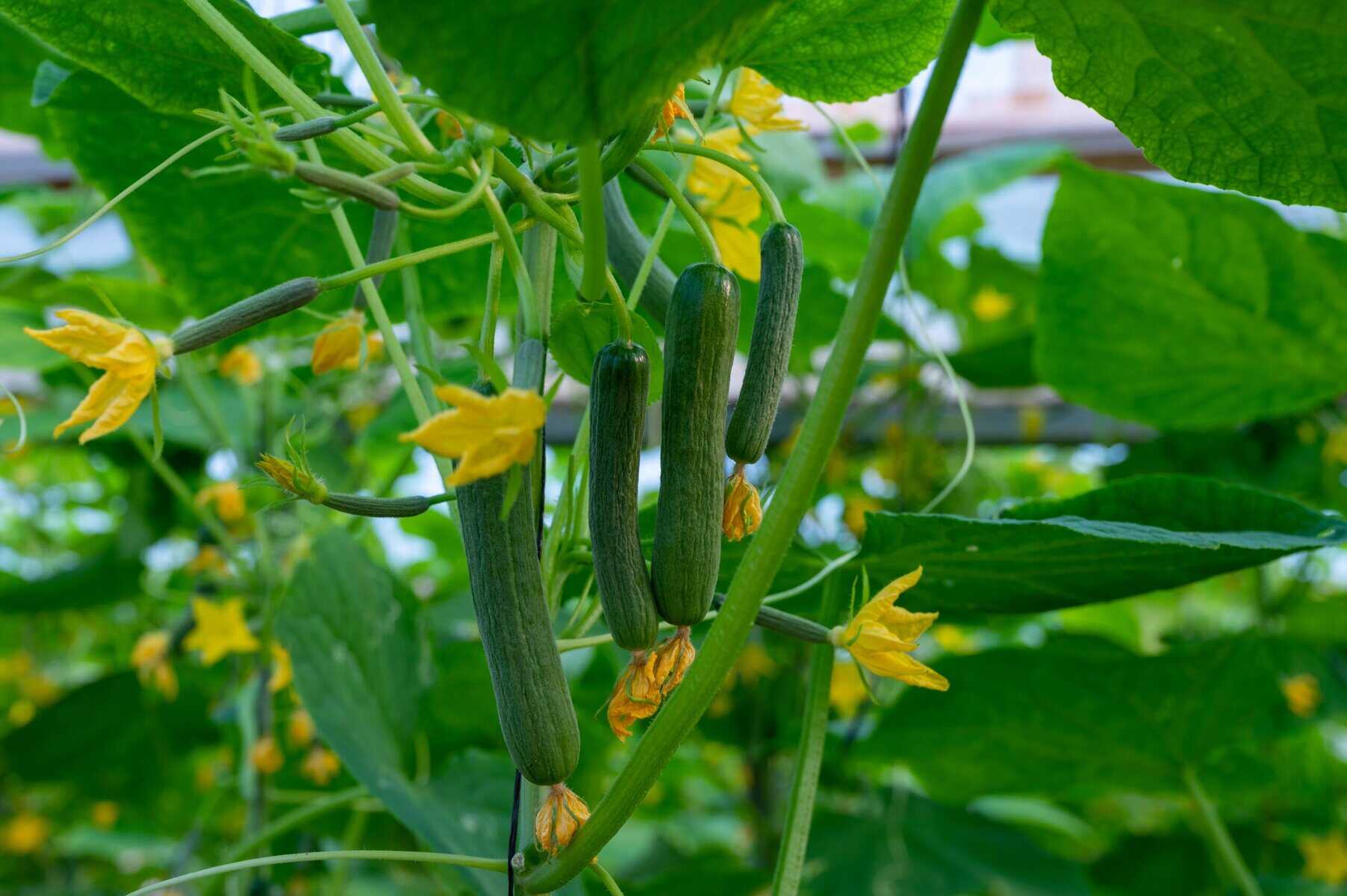
Long Season Vegetables
Watermelon, Cantaloups, Honeydew, Cucumbers, Ground Cherry, Tobacco, Peppers, etc.
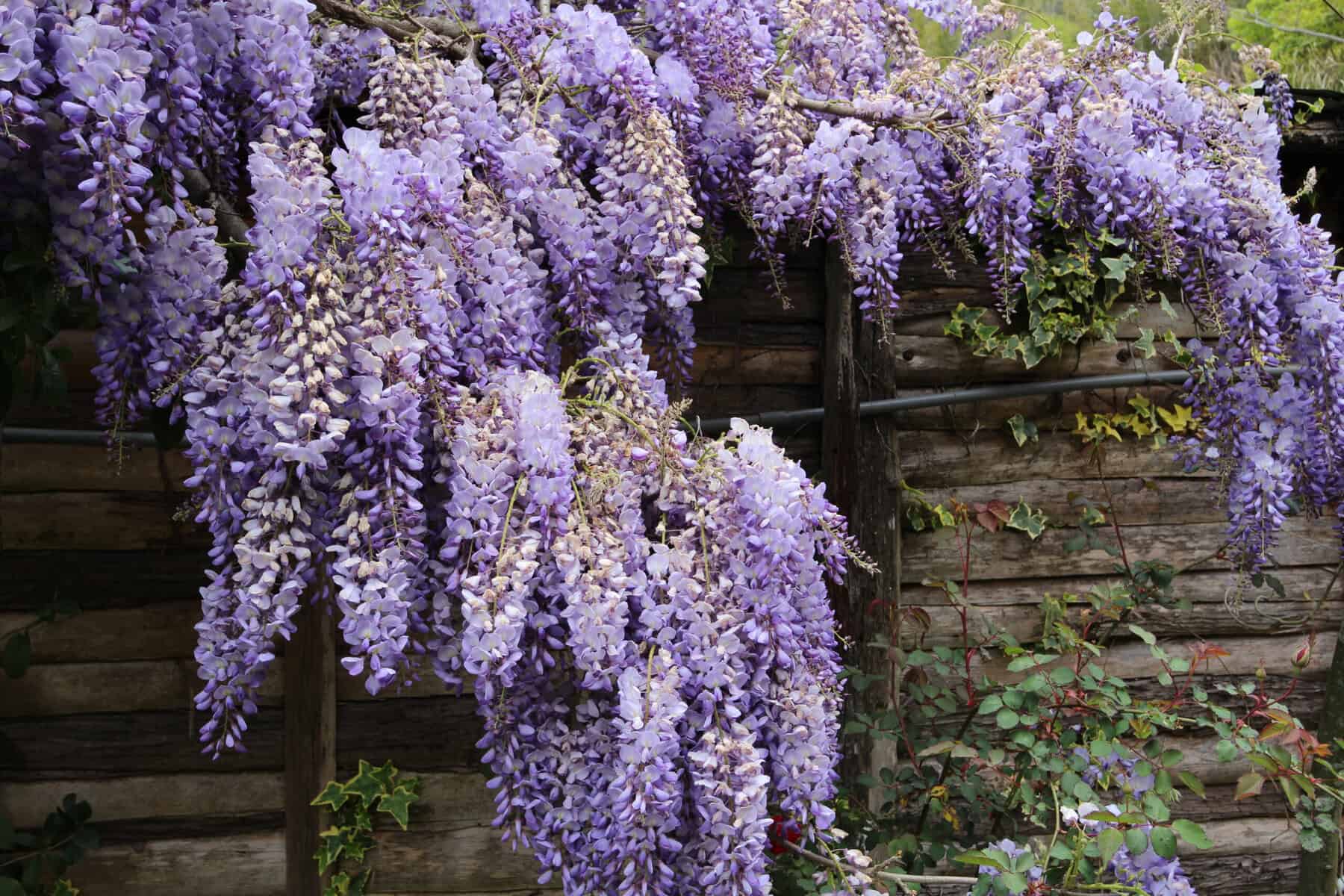
Woody Perennials
Sage, Dwarf Yaupon, Southern Wax Myrtle, Plumbago, Firebush, Hydrangeas, etc.
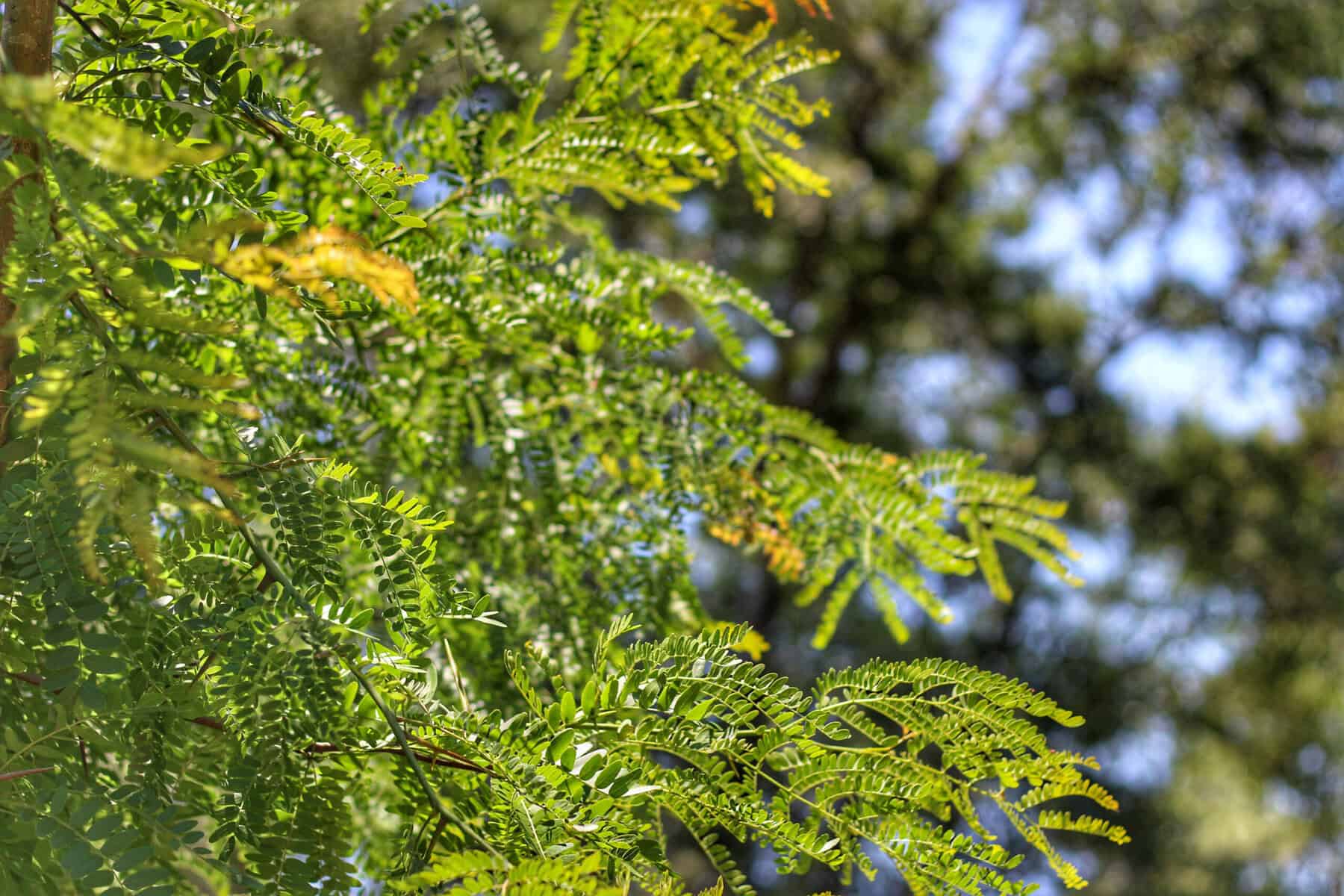
Trees
Oaks, Pines, Cyprus, Palm, Walnut, Citrus, etc.*
*Great amendment for container growing.
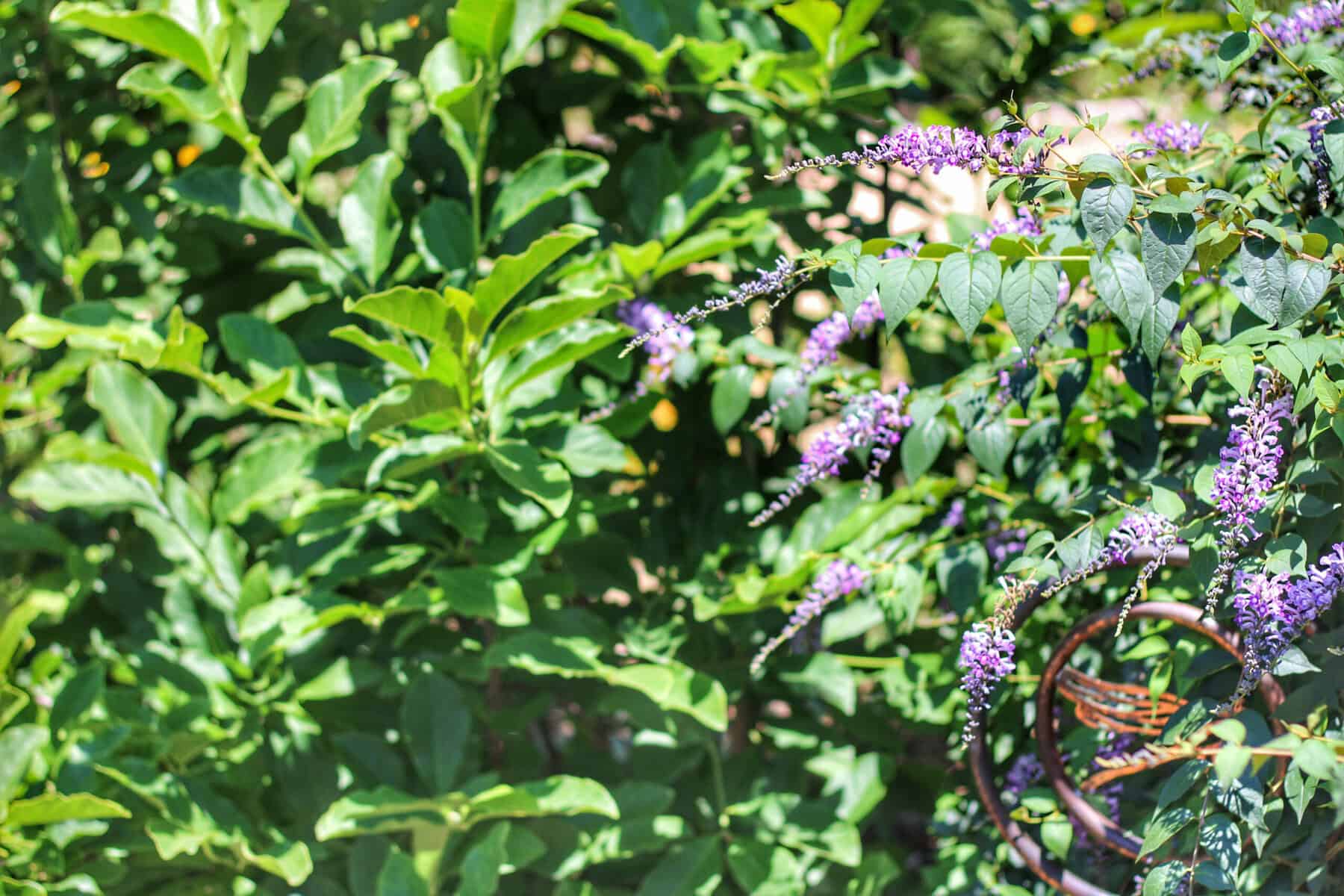
Shrubs
Buckthorn, Mint, Bush Sage, Olive, Sumac, Aster, etc.*
*Great amendment for container growing.
What Our Customers Are Saying…
Knowledgeable friendly people and a great atmosphere. That’s the main reasons I like this place. Plus they have the best mulch! Research the different types of mulch and then check their selection out. You’ll see the difference. Your plants will thank you!
Knowledgeable, friendly staff totally dedicated to organic gardening. Lots of different grades of mulch and compost and hundreds of plants to purchase. Worth a visit. Plan on spending a lot of time there because it is a fascinating place.
Contact Nature’s Way Resources
(936)-273-1200
